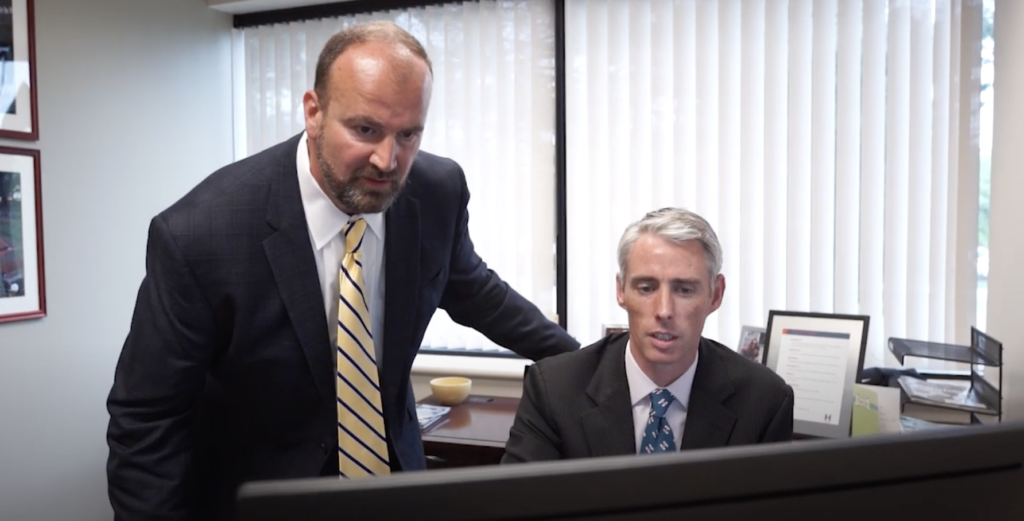Last week the U.S. Senate passed both a $1 trillion infrastructure bill and a $3.5 trillion budget resolution. What’s next, and what implications does it have for your money?
What’s Next?
Let’s start with the infrastructure bill. It passed the Senate with some bipartisan support. It now goes to the House of Representatives for consideration. The bulk of this bill tackles traditional infrastructure, like roads and bridges. Most of the American public and House representatives believe infrastructure to be an important investment in America. On its own, it would likely pass in the House and make it’s way to the President’s desk.
But don’t expect it to go that smoothly.
It’s likely that consideration of the infrastructure bill will be tied in some way to the House’s review of the $3.5 trillion budget resolution.
A Bit About Budget Resolution
The budget resolution is not in and of itself legislation. (Learn more about budget resolution here.) Rather, it’s a statement about spending priorities and the first step in the budget reconciliation process, which includes crafting spending and revenue bills that could become law.
And Budget Reconciliation
- Reconciliation differs from a regular bill in that it only needs a simple majority in the Senate to pass.
- It cannot be filibustered, which makes it easier to pass.
- This specific reconciliation is expected to largely if not completely include the points of President Biden’s American Families Plan, which focuses on human infrastructure (e.g., education, child care) and clean energy.
Progressing, but still not imminent
The President’s American Families Plan is becoming more a reality, but it likely still has months and many battles to go before we know if some or all of it will become law.
What does all of this mean for your money?
The Administration has been clear that paying for the American Families Plan would require an increase in taxes for both corporations and wealthy individuals.

In May of this year our Director of Financial Planning, Ed Jastrem, outlined a few key tax proposals that we are watching closely for our clients. While it’s hard to plan ahead for the unknown, we can certainly start preparing financial and estate plans for the flexibility needed to shift strategy once the situation becomes more clear.
Ed recently updated his outline and suggested strategies. See his updated overview here.
What to do Next
The planning considerations outlined by Ed are only brief overviews of select strategies. No one can be certain how developing legislation may yet target specific transfer techniques. If you are concerned about higher income or estate taxes going forward, we recommend taking the following steps now:
- Talk to your wealth manager about planning options now. While specifics are still unknown, the Administration has been transparent about its intentions.
- Insist that your financial advisor work closely with your estate and tax professionals to ensure you are all on the same page about the pros and cons of various strategies with respect to your specific situation.
- Set up a call to hear our thoughts on how your overall wealth could be impacted by upcoming tax changes.

At Heritage Financial, our signature Three Meeting Process is a chance for you to test drive working with us before formally becoming a client. Why? Because our goal is to develop long-term relationships. And long-term relationships are built upon trust.
Give us an opportunity to build that trust through an eye-opening experience that includes a deep discussion of your current financial situation, an introduction to our financial planning and investment teams, and a review of their opinions about your current plan.
Ready to hear what our teams think? Contact us here to get the process started.



